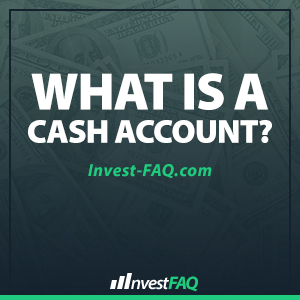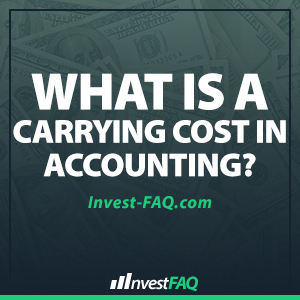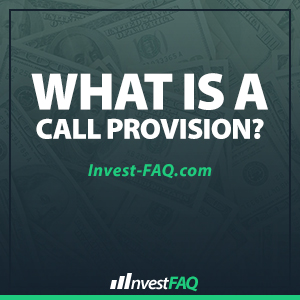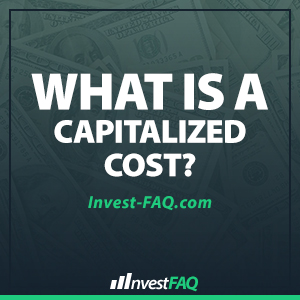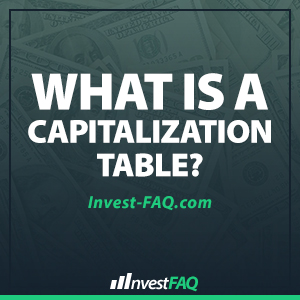Cash Account A cash account in accounting refers to a ledger account that records the amount of currency a company holds in its bank accounts and on hand at any given time. It is a current asset on the balance sheet, reflecting the most liquid form of assets available to a business for meeting immediate
Tag: Investing & Finance Glossary Terms: C
What Is a Carrying Amount in Accounting?
Carrying Amount in Accounting The carrying amount, also known as carrying value or book value, is the value of an asset or liability as recorded on the balance sheet, after accounting for depreciation, amortization, impairment, and other adjustments. It reflects the current accounting value of an asset or liability, rather than its market value or
What Is a Callable Bond?
Callable Bond A callable bond is a type of bond that gives the issuer the right, but not the obligation, to redeem the bond before its maturity date at a predetermined call price. This feature allows issuers to manage their debt more flexibly, particularly in a declining interest rate environment, by refinancing older, higher-interest debt
What Is a Call Provision?
Call Provision A call provision is a clause in the contract of a bond or other fixed-income security that grants the issuer the right, but not the obligation, to repurchase and retire the debt instrument at a specified price before its maturity date. This feature is designed to give issuers flexibility to manage their debt
What Is a Call Price?
Call Price A call price is the price at which a bond or other financial security can be redeemed by the issuer before its maturity date. This predetermined price is often set at a premium above the bond’s face value to compensate investors for the early termination of their investment and the potential loss of
What Is a Call Premium?
Call Premium A call premium is the additional amount above the bond’s par value that a bond issuer agrees to pay to bondholders if the bond is redeemed before its maturity date. It compensates the bondholder for the loss of potential interest income that would have been earned if the bond had remained outstanding until
What Is a Capitalized Cost?
Capitalized Cost A capitalized cost refers to an expense that is added to the cost basis of a fixed asset on a company’s balance sheet, rather than being expensed immediately in the income statement. This accounting treatment allows the cost to be expensed over the useful life of the asset through depreciation or amortization, aligning
What Is a Capitalization Table?
Capitalization Table A capitalization table, or “cap table,” is a comprehensive spreadsheet or document that outlines a company’s ownership structure, including the equity ownership of its founders, investors, and other shareholders. It details the company’s securities, such as common and preferred shares, warrants, and options, along with the percentage of ownership, equity dilution, and value
What Is a Capitalization Policy?
Capitalization Policy A capitalization policy is a set of guidelines a company follows to determine whether a particular expenditure should be capitalized as an asset on the balance sheet or expensed immediately on the income statement. This policy outlines the criteria, such as cost threshold, useful life, and nature of expenditure, that dictate how to
What Is a Capitalization Limit?
Capitalization Limit A capitalization limit, often referred to as a “cap limit,” is a threshold set by a company above which expenditure on a single item or project is capitalized as an asset on the balance sheet, rather than expensed immediately on the income statement. This accounting policy helps businesses distinguish between significant purchases that

